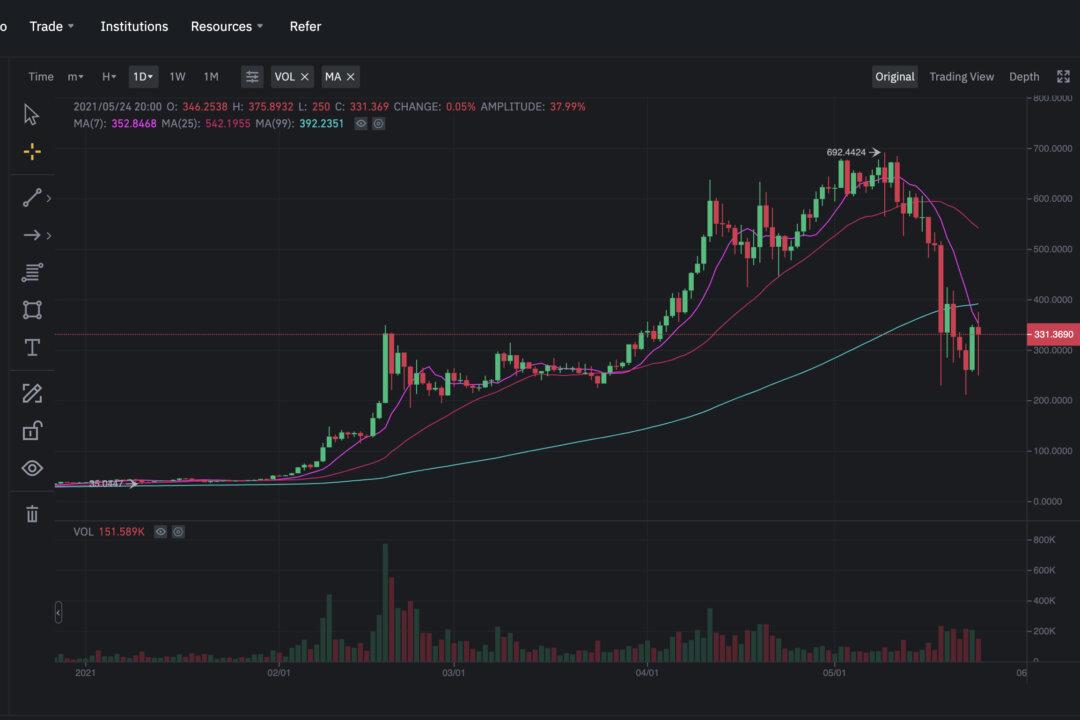News Analysis
The Binance Coin recently dropped out of the top three in cryptocurrency market ranking as Binance, the world’s largest crypto asset trading platform, is being investigated by U.S. and German authorities.

The Binance Coin recently dropped out of the top three in cryptocurrency market ranking as Binance, the world’s largest crypto asset trading platform, is being investigated by U.S. and German authorities.